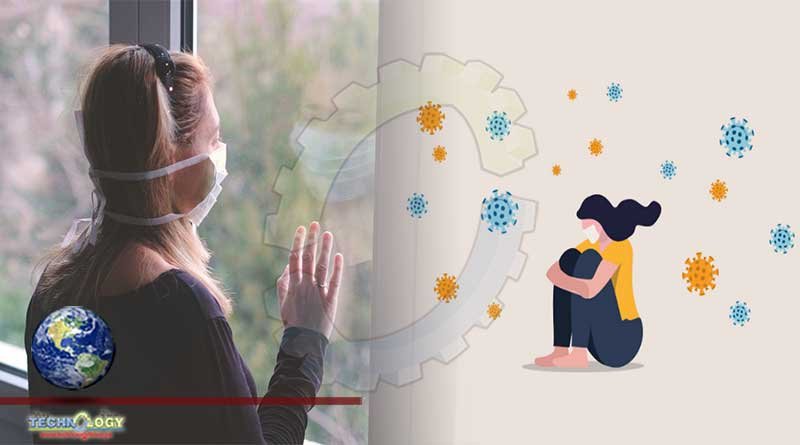Community Connectors, which enables adults to access social activities with their community, can help reduce loneliness and social isolation

An existing service in the North West of England called Community Connectors, which enables adults to access social activities within their community, can help reduce loneliness and social isolation, according to an analysis published in Health & Social Care in the Community.
Interviews with 13 older adults and middle-aged adults, from 289 people who accessed the service between June 2017 and September 2018, revealed that Community Connectors provided individuals with confidence in engaging with community activities and enhanced individuals’ social networks.
The investigators noted that additional research needs to quantitatively measure the impacts of the service on loneliness, depression, and social connectedness. Such studies are particularly important in light of the COVID-19 pandemic, with provision of social activities and social support services suddenly significantly reduced.
“Community-support services are vital to support the well-being of older adults, who have suddenly been cut off from face-to-face and often any type of support due to the pandemic. Not every older adult can access services remotely though, so it is crucial that services such as Community Connectors are able to adapt to provide face-to-face support where possible and support older adults in accessing remote support,” said lead author Clarissa Giebel, PhD, of the University of Liverpool and the NIHR ARC NWC, in the UK.
Originally published at Eureka Alert
